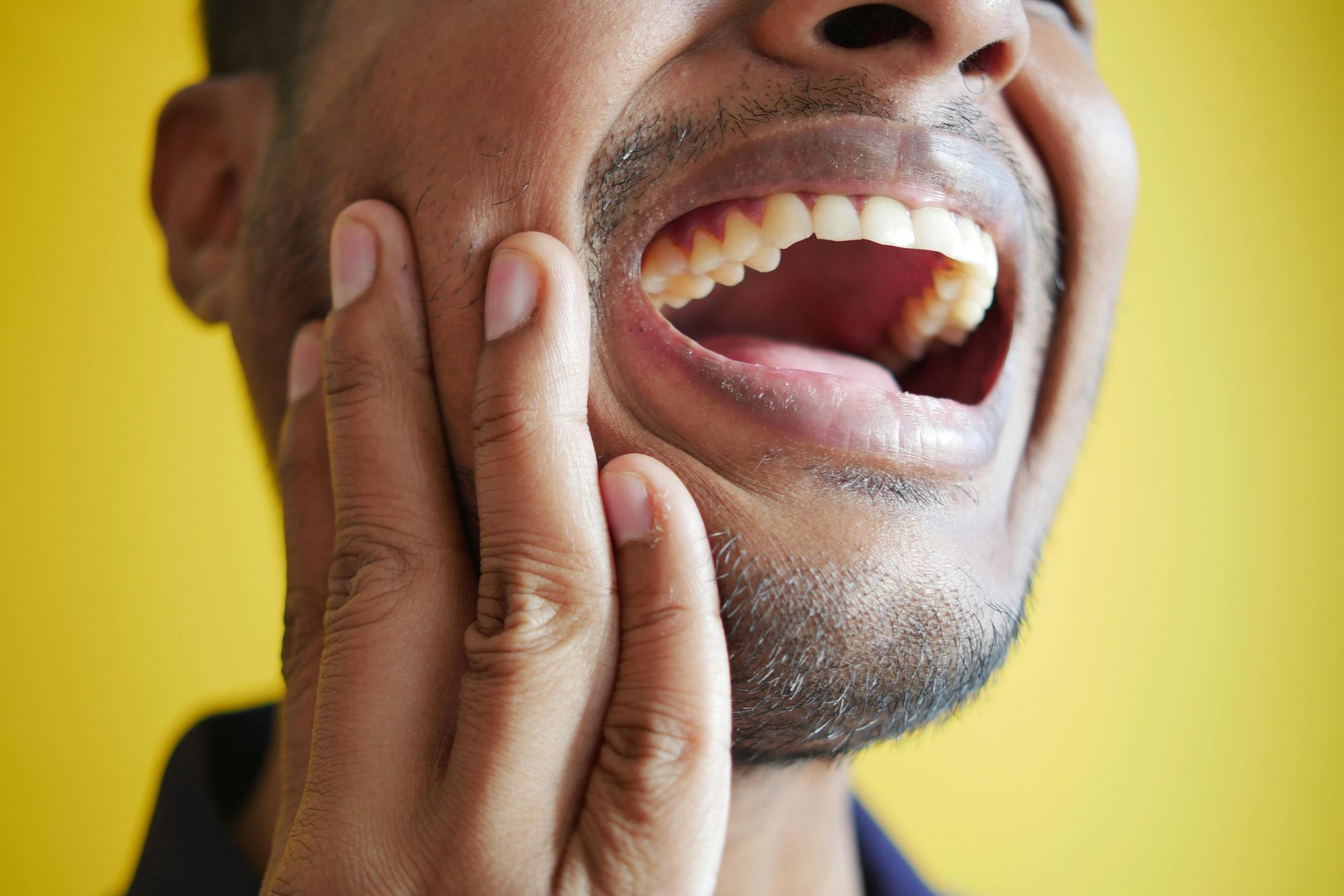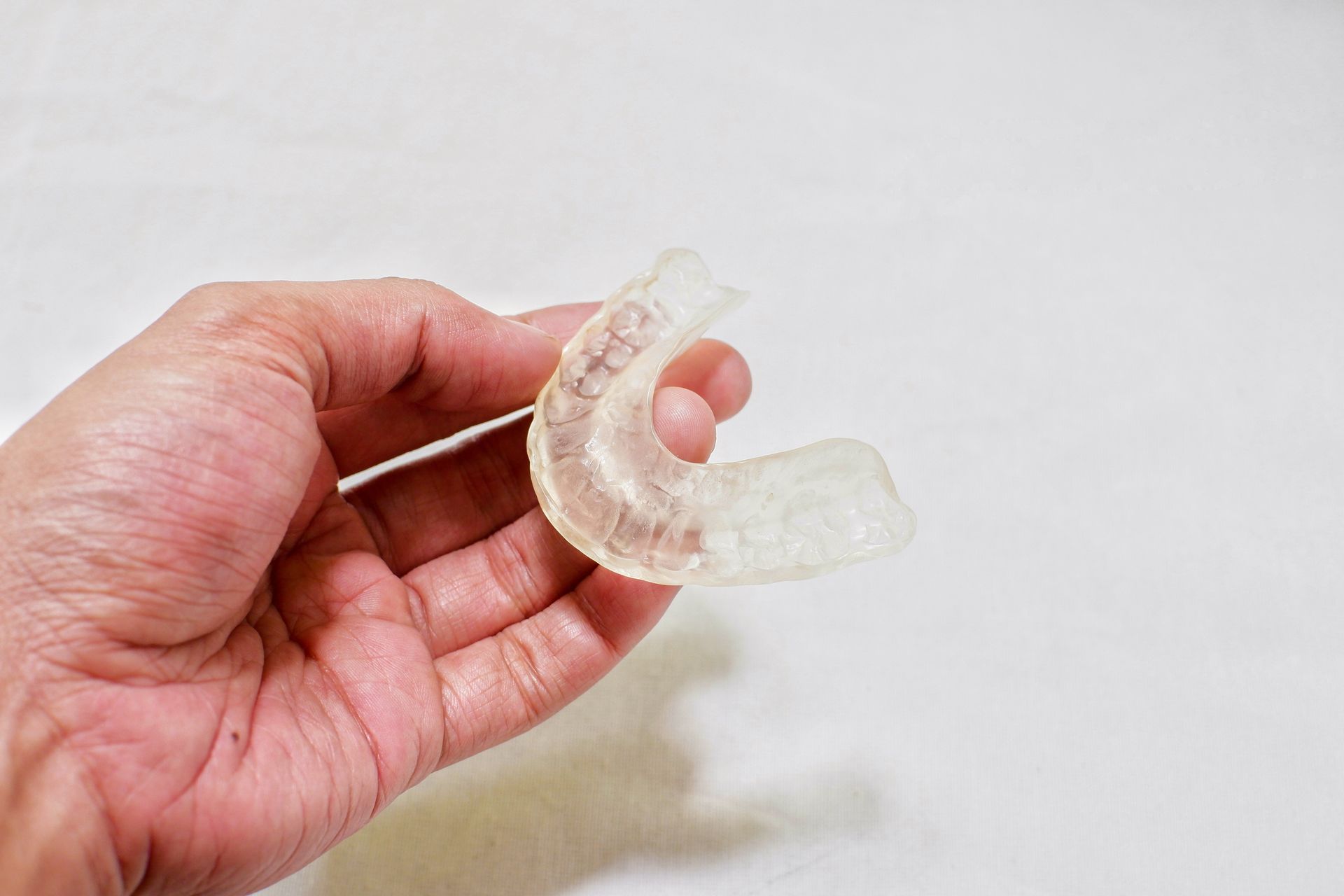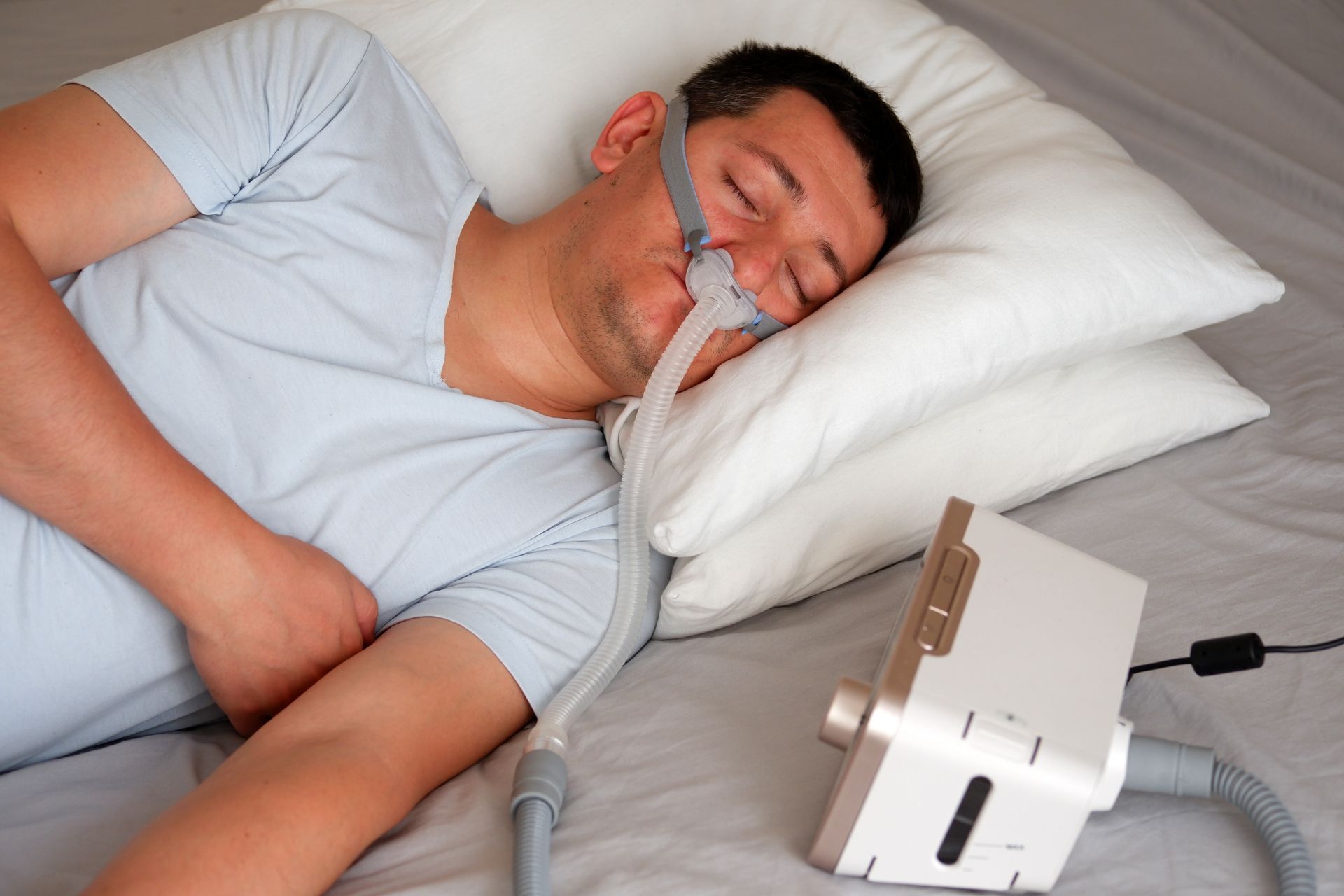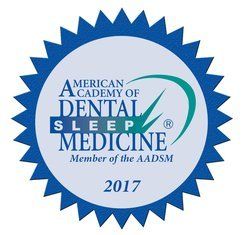Why Comprehensive Approach to Therapy is Best for Treating TMD

A comprehensive, multipronged approach to TMD therapy involves addressing the many root causes and related conditions associated with TMJ dysfunction, like bruxism, sleep apnea, and muscle tension. Through the coordinated use of tailored treatments such as splint therapy, laser therapy, and myofascial release and the integration of other medical specialities as necessary, TMJ specialists can help correct the source of your TMJ pain and deliver long-lasting results.
A comprehensive approach to treating TMJ doesn’t just target symptoms. At Restore TMJ & Sleep Therapy, we focus on the underlying causes of your pain and discomfort by also treating any related conditions such as bruxism, snoring, and sleep apnea. TMJ specialists Dr. Katherine S. Phillips and Dr. YC Joseph FischerHahm have dedicated their practice to helping patients in and around The Woodlands find relief from TMJ pain and other associated disorders. They combine proven treatment methods and deep expertise with innovative modalities to effectively manage TMD symptoms, alleviate pain, and enhance their patients’ overall quality of life. Through personalized care and innovative therapies, Restore TMJ & Sleep Therapy has helped thousands achieve lasting comfort and improved well-being.
Comprehensive Treatment for TMJ: Targeting More than Just the Symptoms
A TMJ disorder rarely occurs alone, as it is usually caused by a combination of factors. Treating only the jaw pain may leave underlying conditions untreated, making it harder to find relief or causing it to reoccur. Moreover, stress, muscle tension, misalignment of joints, and sleep disturbances can be both symptoms as well as contributing factors to dysfunction in the TMJ.
Some issues that often accompany TMD include:
- Sleep apnea and snoring. Poor jaw alignment can contribute to airway blockages, which then causes interrupted sleep. Treating the underlying TMJ issues can often alleviate these problems and improve overall sleep quality.
- Bruxism. Teeth grinding and clenching not only strain the TMJ but also wear down teeth and cause headaches. Addressing TMJ can significantly reduce the intensity and frequency of bruxism.
- Orofacial pain. Chronic pain in the jaw, ears, head, face, neck, and shoulders is a common side effect of TMJ disorders. Comprehensive care ensures these interconnected symptoms are treated effectively.
Rather than just managing your pain, comprehensive TMJ therapy aims to identify and treat the root causes of TMJ disorders and associated conditions as a whole. With deep experience, expertise, and additional training in the jaw and facial structure, a TMJ specialist can accurately identify and treat these interconnected conditions with a complete, comprehensive approach tailored to your unique needs, providing relief that addresses the whole picture rather than just isolated symptoms. This approach leads to better long-term outcomes and a higher quality of life.
By focusing on all the contributing factors and symptoms associated with TMJ disorders, a complete and comprehensive treatment approach can:
- Relieve jaw pain and stiffness.
- Improve jaw alignment and function.
- Treat related issues like bruxism (teeth grinding) and sleep apnea.
- Enhance your overall health and well-being.
Core Components of Comprehensive TMJ Therapy
The first and most important step in any TMJ therapy plan is a proper diagnosis. Diagnosing TMJ disorders can be challenging because their symptoms often extend beyond jaw pain, affecting areas like the head, neck, ears, and shoulders. This referred pain can make it difficult to pinpoint TMJ dysfunction as the root cause, leading to misdiagnosis or ineffective treatment. Moreover, since TMJ disorders can stem from various factors—including arthritis, bruxism, stress, or connective tissue disorders—an accurate diagnosis is essential for effective care.
A trained TMJ specialist has the expertise, advanced diagnostic tools, and experience to identify the underlying causes and develop a comprehensive treatment plan that provides lasting relief and restores proper jaw function. Once you have the right diagnosis, a TMJ specialist can develop a comprehensive plan to start treating your symptoms, correcting foundational problems, and improving your overall quality of life.
While your TMJ therapy will be personalized to the type and severity of your condition, almost all comprehensive treatment plans should include one or more of these core modalities:
Splint Therapy: The Gold Standard
Splint therapy is often the first step in TMJ treatment and is considered the gold standard for its effectiveness. This non-invasive treatment uses a custom-fitted oral appliance to:
- Realign the jaw and reduce stress on the TMJ.
- Relax overworked muscles.
- Minimize clenching and grinding.
A splint is designed to be comfortable and easy to wear, making it an excellent starting point for reducing TMJ symptoms. Over time, splint therapy can reduce the loading force and also prevent further damage to the jaw joint and surrounding structures, providing both immediate and long-term benefits.
Other therapies may also be used in a comprehensive approach along with splint therapy, such as:
Laser Therapy
Laser therapy is an innovative and non-invasive treatment that helps reduce inflammation and pain in the jaw and surrounding tissues. This advanced technology works by:
- Stimulating blood flow and tissue healing.
- Reducing tension in the muscles.
- Providing quick and drug-free relief.
With no downtime and minimal discomfort, laser therapy is an excellent addition to a comprehensive treatment plan. Patients often report faster recovery and significant improvements in pain levels after just a few sessions.
Trigger Point Injections
When you are suffering from persistent TMJ muscle pain,
trigger point injections may be able to help. Trigger points are tight knots in your muscles that contribute to jaw tension and discomfort. By injecting a small amount of medication into these points, trigger point injection therapy can:
- Relieves muscle tightness.
- Reduces referred pain (pain felt in other areas due to trigger points).
- Improves jaw mobility.
This treatment is especially beneficial for patients whose TMJ symptoms are exacerbated by chronic muscle tension.
Therapeutic Botox for TMJ
Botox is a popular choice for cosmetic procedures, but it has also shown dramatic efficacy in treating TMJ disorders.
Therapeutic Botox
works by relaxing overactive jaw muscles that cause clenching and grinding.
The benefits of using Therapeutic Botox for TMJ include:
- Significant pain relief.
- Reduced frequency of headaches.
- Improved quality of sleep by minimizing nighttime bruxism.
Therapeutic Botox treatments are quick, minimally invasive, and can provide substantial pain relief for several months, which makes them an excellent option for many patients.
Myofascial Release and Low-Level Pressure (LPL) Therapy
Tension in the fascia (the connective tissue surrounding muscles) can contribute to TMJ pain and stiffness. Myofascial release and low-level pressure (LPL) therapy target these tight areas and may help:
- Relieve tension and trigger points.
- Improve circulation.
- Enhance flexibility and jaw movement.
This hands-on therapy complements other treatments by addressing soft tissue restrictions that might not respond to other interventions alone.
Choosing the Right Provider for Comprehensive TMJ Therapy
When it comes to treating TMJ disorders, a trained and experienced TMJ specialist is your best option for safe, effective care. While general practitioners, dentists, and orthodontists may recognize TMJ symptoms, they often lack the specialized training needed to diagnose and treat the underlying causes. TMJ disorders are complex and can stem from a variety of factors, including joint dysfunction, muscle tension, and systemic conditions like arthritis. A board-certified TMJ specialist has extensive expertise in orofacial pain and is equipped with advanced diagnostic tools to create a comprehensive treatment plan tailored to your specific needs.
Beyond diagnosing and treating TMJ disorders, a TMJ specialist can also coordinate care with other medical professionals to ensure a well-rounded approach to your treatment. Depending on your condition, they may collaborate with specialists in neurology, sleep medicine, or pain management to address related symptoms like headaches, sleep apnea, or chronic pain. They may also oversee referrals and integrate therapies from various disciplines to provide the most effective and long-lasting relief.
Trust Restore TMJ & Sleep Therapy for Your Comprehensive TMJ Therapy
At Restore TMJ & Sleep Therapy, we believe in treating more than just the symptoms of TMJ disorders. Instead, we take a comprehensive, patient-focused approach to deliver lasting relief. Using advanced therapies like laser treatment and therapeutic Botox, we customize every treatment plan to address the root causes of your TMJ disorder, and our whole-patient focus ensures that all contributing factors, from muscle tension to sleep-related concerns, are carefully evaluated and treated. With a commitment to cutting-edge techniques and compassionate care, our team is dedicated to supporting you every step of the way and helping you regain comfort, function, and overall well-being.
Expert care is essential when treating TMJ disorders. At Restore TMJ & Sleep Therapy, Dr. Phillips and Dr. FischerHahm have the advanced training and experience needed to accurately diagnose and treat TMJ issues with comprehensive therapies designed for lasting relief. You don’t have to live with TMD—schedule a consultation today and start your journey toward better health.
-2700x842-1920w.png)
















